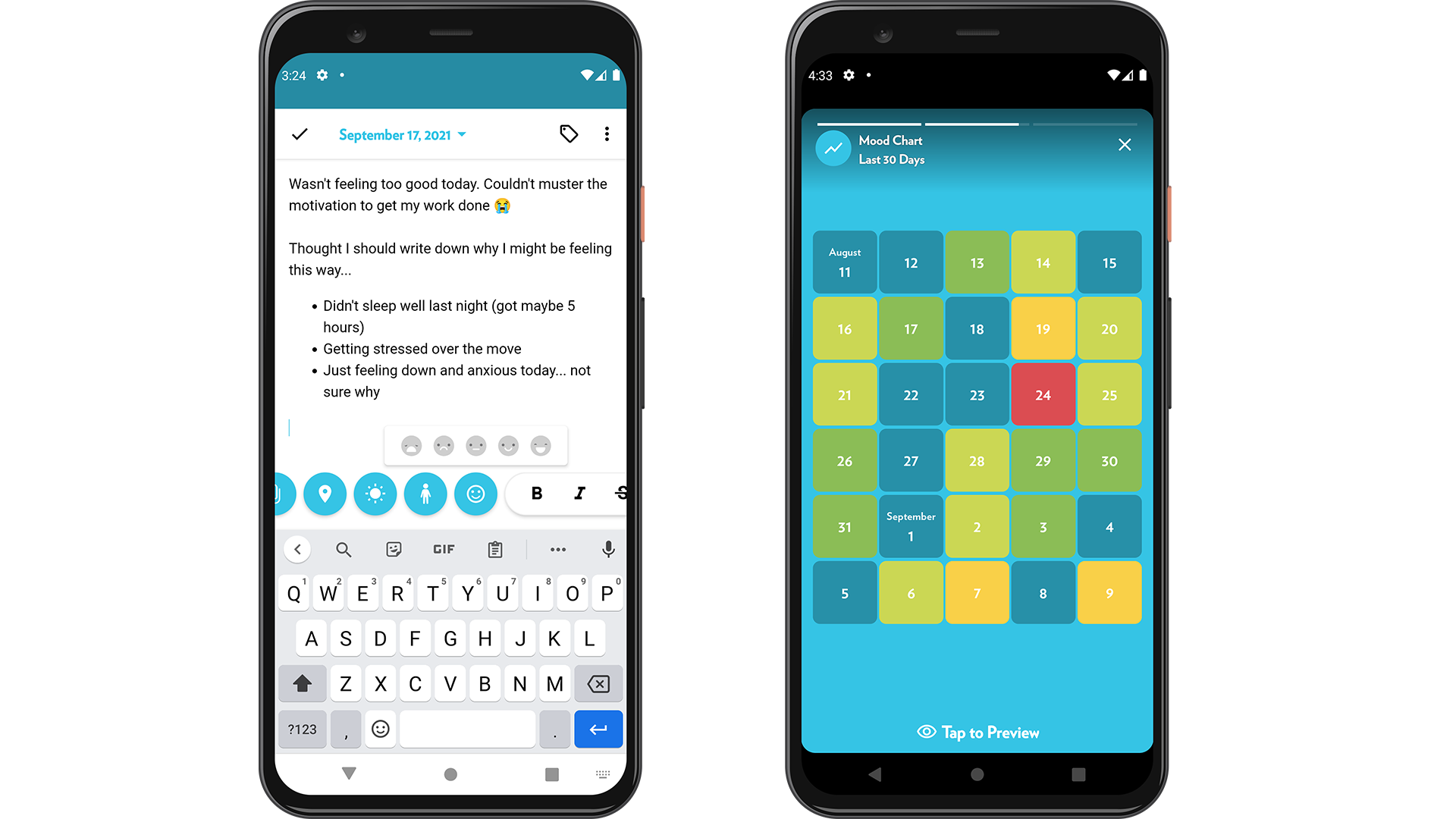When we think of self-care, we traditionally think of activities that are scheduled before, after, or generally outside of working hours. We imagine a self-care routine consisting of things like a nutritious breakfast, clocking in a short workout, journaling, or meditating in the morning before heading off to work, or some skin-care, reading, and perhaps cooking dinner with a loved one after work.
But it is time we reframe self-care to be all-encompassing and pervasive, something that we should strive to cultivate throughout our day. This includes our work hours. Self-care can be practiced in our home spaces, as well as in the work spaces. Instead of reserving self-care for before or after work, incorporating small but effective self-care practices during work can greatly benefit our mental, emotional and physical well-being, considering that we can experience a considerable amount of stress and fatigue from work.
Read on to find out more about what you can do to improve workplace wellness, and taking care of yourself and the people around you at work.

Photo by Brooke Cagle on Unsplash
What is Workplace Wellness?
Workplace wellness refers to building a work environment that is both productive and conducive to the well-being and overall health of the people working in the same space and time.
Workplace wellness can be formally inculcated through specific policies, practices and employer benefits that are geared towards everyone's health and wellness. But it can also be fostered with a shift in mindset and small practices such as better eating habits, occasionally breaking from sedentary work routines throughout the work day, and getting involved with co-workers in a social manner.
Why is Workplace Wellness Important?
We spend a significant amount of time at work, be it in a shared physical space with our co-workers or remotely. When self-care, or consideration for mental, emotional and physical health takes a back seat at work, this undoubtedly takes an effect on our productivity levels. We have all experienced lethargy and fatigue at work. We know the feeling of not having the drive and motivation to check-off tasks and hand in deliverables for the day all too well.
Shifting some focus to workplace wellness and how it would benefit everyone can ease the dread of heading to work in the mornings and the supposed burden of thinking of our responsibilities for the day. It is pertinent that our work spaces, just like our home and personal spaces, are comfortable to work in and places that we feel valued, nurtured, and prioritized.

Photo by Austin Distel on Unsplash
How to Practice Self-Care in the Workplace
1. Get moving!
Most people go about their work day in a rather sedentary manner, seated at a desk with a computer in front of them throughout their day. Sitting down for long periods of time with our backs hunched over and eyes glued to the screen can have physical, mental and emotional repercussions.
Apart from the backaches, neck stiffness, and headaches that can occur, we can also start to feel detached, alienated or isolated because of this. It is easy to get carried away with work and not realize that we have sitting at our desks for many hours at a time. Not expending any energy socially or emotionally can leave us feeling drained and unfulfilled as well.
To tackle this, set aside small pockets of time to get up and move around. For every half an hour of being seated, getting up and walking around the office or your work space for 5 minutes can get some blood and endorphins pumping. Together with the physical exercise, this can help you recalibrate and lift your mood during a dreary day. You and your colleagues can even explore the possibility of "walking meetings", where discussions or calls can be held while outside of the office space or while you're on the move instead!
2. Healthy snacks and eating habits
Many of us turn to sugary and fried snacks in times of stress and nearing deadlines. We lose track of the amount of tidbits we munch on to keep ourselves awake in the office in the midst of work and meetings.
Take a look at the office pantry and stock it up with healthier snacks and food options. Having healthier options accessible at work will encourage you to be more mindful of your eating habits. Instead of the usual non-perishables like chips and soft drinks, stock up on fruits, nuts and more nutrient-dense snacks that are equally yummy and can satisfy the itch for a quick munch. This can go a long way in taking care of our physical health at work.
Sometimes, we choose to eat a take-away lunch at our desks because of a time-crunch or a deadline we are trying to meet. But lunch breaks are the perfect time to take a breather. Take this time to step away from your worksite. This mental break, be it being able to go for a walk, focusing on something completely non-work related, or having a catch-up with fellow colleagues at the office, is necessary for your well-being and productivity levels.

Photo by Sandra Harris on Unsplash
3. Gratitude and Mindfulness
'Thank you's and 'Please's go a long way in the work space. All it takes is for encouragement in the form of solidarity and assurance through small gestures and actions to be able to create a healthy environment for everyone to thrive in.
Express your gratitude for your colleagues whenever possible. This builds a supportive and nurturing environment and fosters a culture where people lift each other up and celebrate each other’s accomplishments.
Apart from checking in on deadlines and tasks that have to be completed, check-in on your work neighbour's well-being from time to time as well. A quick chat, or a "How are you doing?" reminds everyone that their overall wellness and health is a priority in the office as well. This adds to building a supportive and conducive environment for everyone to feel safe in.
Together with checking in with the next person, doing on your own wellness check-ins can also help you keep track of your fluctuating moods in the workspace. Journey offers tools such as a mood tracker, together with a host of other tools in the digital diary app that can aid you in keeping track of your mental and emotional well-being in the workspace.

This digital diary app has a mood indicator for you to record how you're feeling. Using 1 to 5 emojis, you can indicate how you felt in the day, and record further notes to supplement this recording as well. You can use this to chart to take note of your fluctuating moods during work, and come back to an overview every few days.
4. Pace your day
You probably have a seemingly endless list of tasks to complete everyday at work. If you find yourself being overwhelmed, take a pause and step back. Prioritize and pace your day as much as possible. Looking at all the things you have to complete or submit at once does not serve any purpose, and only increases anxiety and stress.
Make lists that are organized in order of priority or urgency, and allocate a reasonable amount of time to get them completed. Planning the work day ahead or in the morning gives you a sense of control and purpose, and you will be able to direct your time and energy in a orderly manner.

Photo by Marten Bjork on Unsplash
5. Honest conversation
Taking on more than you can handle or having to juggle multiple responsibilities can lead to emotional and physical burnout. Try to have open and honest conversations with your colleagues and bosses about your workload. Cultivating an environment that feels safe enough for people to voice their opinions or concerns adds to unity and solidarity, and this will encourage people to put their best foot forward. Feeling like you will be heard and that you have a strong network around you boosts morale and emotional health, and therefore productivity. Rest assured, the people around you would be more than willing to lend a helping hand or help you along with whatever you have on hand.
It is time we normalize and encourage self-care not just in our private spaces, but also in the workplace. Taking self-care out of our homes and into the workspace, where we spend a significant amount of time and energy and weaving it into workday routines, reassures everyone that it is indeed vital and pertinent to our overall wellness.

